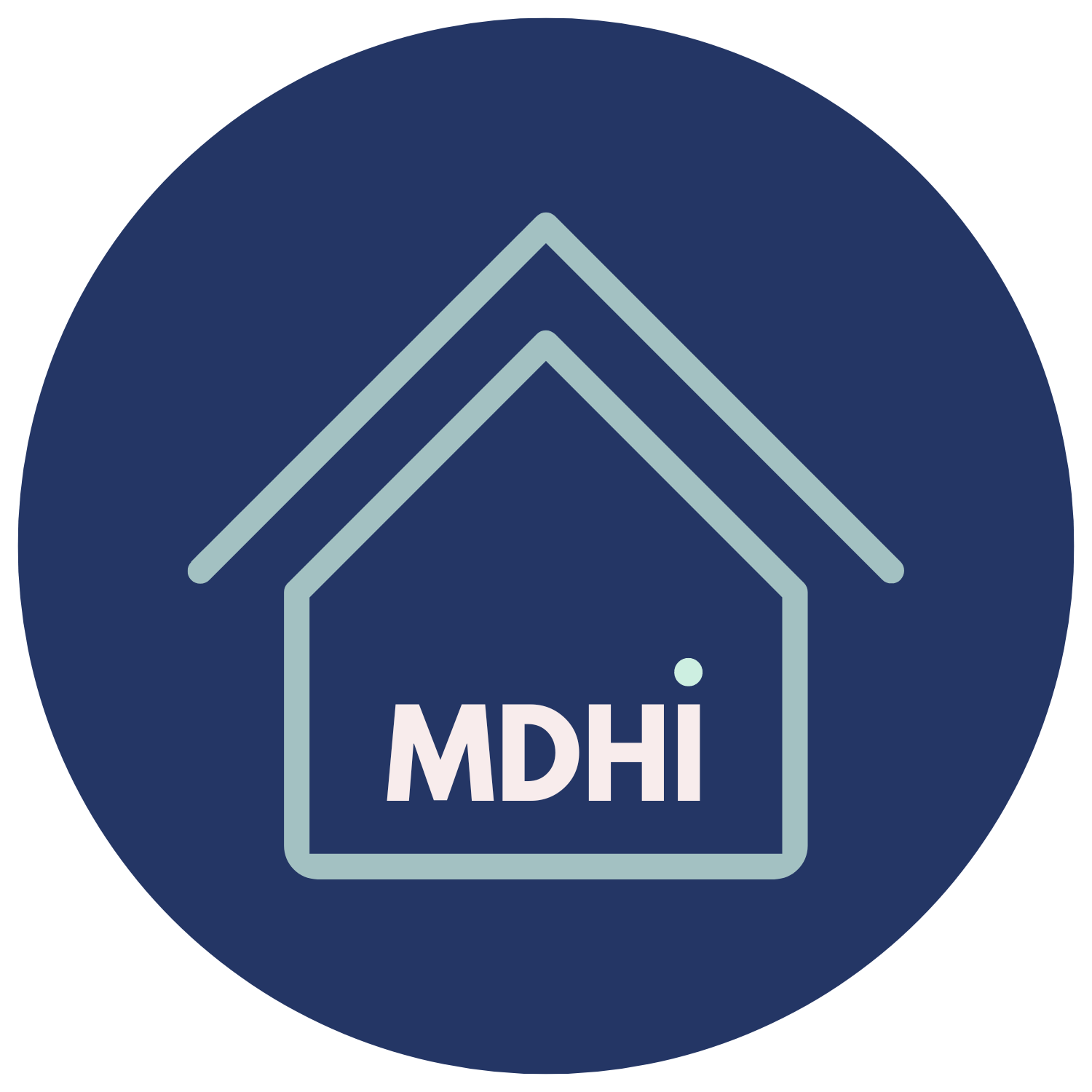Common Sense: Quality Data with Lived Expertise
Accurate data and equity are at the core of how we solve homelessness. We believe in transparently and responsibly sharing accessible, quality data to inform the public of the realities of homelessness in Metro Denver. A common sense approach to homelessness is one that adheres to a peer-reviewed, data-driven methodology rooted in equity and lived expertise. Data that mischaracterizes or misleads the public is harmful to our regional efforts and those with lived experiences of homelessness.
Here's how we’re implementing real-time quality data to inform Metro Denver’s local and regional efforts to end homelessness.
Homeless Management Information System
MDHI serves as the lead agency for Colorado’s Homeless Management Information System (COHMIS), which houses data about people accessing programs or services related to homelessness. We use this data to track client and program outcomes, measure system performance, and inform regional and local efforts to end homelessness. Our goal is quality, real-time data that captures everyone experiencing homelessness by name.
Quality, By-Name Data
Quality data means we can account for everyone experiencing homelessness by name, in real time. This Quality By-Name List (BNL) helps us understand the scope of homelessness, describes the inflow and outflow on an ongoing basis, gives us accurate information to reduce homelessness, and helps us measure our progress towards ending it. Boulder County was the first of Metro Denver’s nine subregions to achieve quality data for all singles in August 2022. Community Solutions certified the data over a 3-month reporting period, assuring that Boulder has maintained 100% data reliability through July 2022. This means we are 100% sure we know every single adult experiencing homelessness in Boulder County. All 9 subregions of Metro Denver are on track to have quality, real time data for all single adults, youth, and families experiencing homelessness by December 31, 2027.
Implementation of By-Name Data
Our regional approach is working. Veteran homelessness has decreased by 31% since 2020 due to regional coordination on the issue. As of September 2022, we have operationalized the Active Veteran By-Name List reports, which share identifying information about each Veteran experiencing homelessness along with their contact information. Subregional Leads receive this data weekly. The data includes all Veterans enrolled in the Veteran By-Name List project in HMIS, as well as those specific to their subregion. Reports are sent via encrypted email to maintain client confidentiality. These reports support care coordination across the region so that unhoused veterans can be connected to housing and services more quickly as we move toward functional zero.
Voices of Lived Expertise
Quality data is as qualitative as it is quantitative. We must root numbers in the stories of people with lived experience to shed light on the realities and impact of homelessness. We believe in collecting these stories in a way that is healing and non-traumatizing, always compensating people fairly for their time and expertise. Last summer, our Young Adult Leadership Committee (YALC) conducted listening and healing spaces in partnership with Syah B. Consulting to understand more about the needs and struggles of unhoused youth. The YALC are using this data to inform their action cycle and create systems-level change for youth experiencing homelessness. While we work on standing up a committee for adults with lived expertise, we’ve connected with community groups such as the Native American Housing Circle that are already doing the work. Our CoC has plans to get community-wide feedback from people with lived expertise coming 2023.

